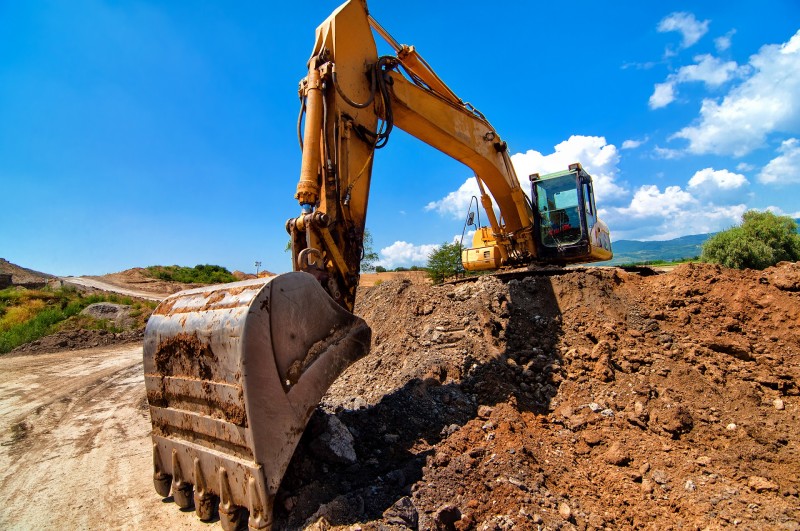Is the past the future for Britain?

The Housing and Planning Act is one of the government’s newest major pieces of legislation which is at the centre of the Governments plan in the reformation of England. The new Act includes a variety of different proposals. These include regulations to affect social housing and provisions of starter homes. It goes against the legislation passed in 1990 to make sure that before land is built on it is checked by archaeologists. Apparently a developer once nearly cut straight through William Shakespeare’s body. From 1990 to 2010 86,000 archaeological investigations took place and the number of sites of interest rose from 4,000 to 23,000. This goes to show how much could be discovered if Britain’s archaeologists were given a free reign?
However one area of concern for this new Bill is with archaeologists. The basic issue is that land may be given planning permission in principle, which could allow a developer to do what good developers do best and go developing away, without giving the local authority the chance to let someone have a look to see if there's anything interesting underneath first. In addition to this they will have permission to automatically grant permission in principle for sites included in such registers.
This is extremely distressing for Britain’s archaeologists says REACH, a politically neutral charity which supports archaeologists, as we may be less able to unearth some of Britain’s most wonderful heirlooms of our rich and full history. Recent discoveries include Must Farm in the Fens, a positive beehive of national heritage and heirlooms. One of England’s most notable archaeologists, Francis Pryor, said that “What we’ve been granted at Must Farm is a rare glimpse of a vanished time.” This statement goes on to emphasise the key role that archaeologists do to preserve Britain’s history. Upon investigating Must Farm, one of Britain’s largest sites of archaeological interest, archaeologists have discovered dry Neolithic and Early Bronze Age archaeology buried deeply below the wet fens. Importantly these discoveries look like Early Bronze Age features found upland or lowland. Furthermore Michael Heyworth said that modern textbooks relating to Roman Britain are “completely out of date,” reinforcing the need for archaeologists to keep up their excellent work in discovering the truth about Britain.
Many dismiss the fact that it will have that much of an impact on archaeologists because the responsibility is only given to local authorities where completely necessary, but it has not been clearly defined when this time is. Finally, the new legislation would tackle the overuse, and in some cases misuse, of certain planning conditions and thereby ensure that development, including new housing, can get underway without, some would say, unnecessary delay.
Many archaeologists, including Francis Pryor for example, are disgusted at these accusations. They say that it is preposterous that archaeologists would deliberately want to slow down the development of houses as they are in a job when there are more houses being developed. Furthermore many would disclaim the views that they are unnecessary claims. If the archaeologists had not stepped in before many development sites, countless national heirlooms that we cherish now would not have been found.
To understand the reasons why archaeologists in Britain are feeling pain and anguish we must look towards the council funded archaeologists which will do the investigation rather than the archaeology charities and companies. Firstly this new Act means that there will be less thorough checks in place before constructions can start, perhaps losing artefacts forever. This means that development companies and the government, who want these houses and buildings to be built as soon as possible, might cut on thoroughly checking the area for interesting and rare artefacts. To add more bad news the recent government cuts which have hit county councils have led to a reduction in staff to carry out the investigations. These cuts have meant that there has been a loss of 10% of all archaeological surveyors working for the council.
Finally we must look to the future: is there more doom and gloom there? I’m afraid so. Many county councils might decide to employ a cost saving strategy where they merge. This is already taking place in Lancashire where the county council simply go without archaeologists. Many critics fear that would mean planning officers would give the go ahead to a development, which a fully qualified and trained archaeologist would not have done.
Archaeologists will no doubt feel the ongoing pain at the unknown loss of unknown treasure.

